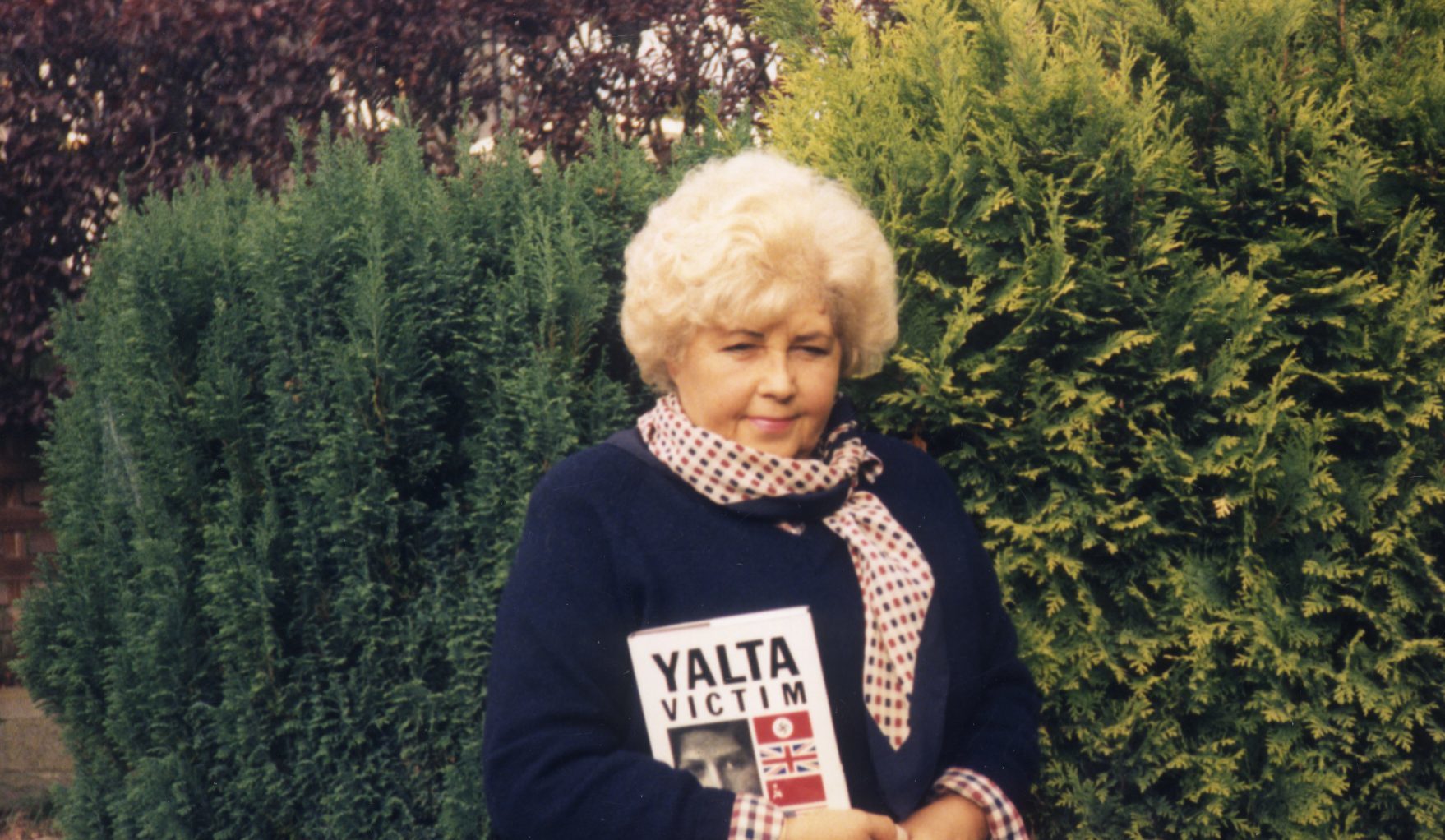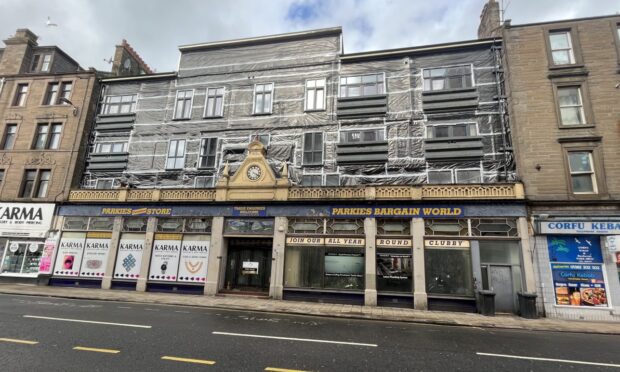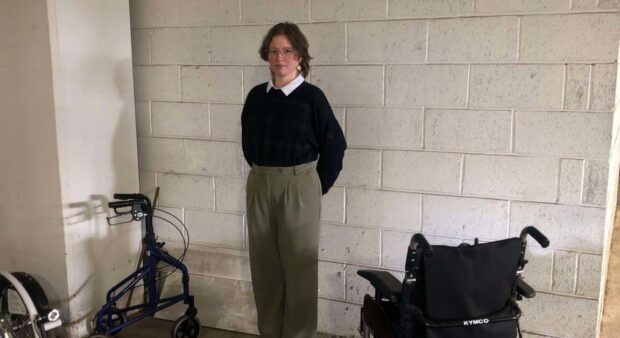A Holocaust survivor who twice defied the Nazi death camps before settling in Broughty Ferry has died.
Russian-born Zoe Polanska-Palmer survived inhumane medical tests as a 13-year-old prisoner at Auschwitz.
Despite being subjected to two years of hell in the notorious death camp, Mrs Polanska-Palmer was rescued by a Russian doctor and moved to Dachau.
After escaping from Dachau, Mrs Polanska-Palmer made her way through central Europe before being caught up in repatriation of Russians who had been under German control during the Second World War.
As a result of the Yalta Agreement, which ordered the repatriation of five million Russians who had fallen under German control, Mrs Polanska-Palmer was ordered to be executed or sent to die in a Soviet forced labour camp.
Amazingly, she managed to escape again and following the war, married husband Arthur and settled in Scotland.
The Holocaust survivor underwent several operations to repair the damage done to her body as a result of barbaric Nazi experimentation. and 40 years after her daring escape, penned a book about her life, which she titled “Yalta Victim”.
Tributes have now been paid to the “remarkable” author by Broughty Ferry councillor Laurie Bidwell who met her on a number of occasions.
Mr Bidwell said: “Zoe was one of the people who once you had met them you couldn’t fail to remember them. What hit you right away was how positive she was about life.
“Zoe managed on one hand to address issues like trying to gain compensation from pharmaceutical companies involved in supporting medical experiments at Auschwitz.
“But she had a very positive approach to life and it didn’t seem at all that it soured her perspective of people and life.
“She was always prepared to talk about and reveal insight into her awful experiences.”
Former Broughty Ferry Community Council member David Hewick revealed Mrs Polanska-Palmer had been heavily involved in the battle to keep the Orchar Art Gallery collection in the Ferry.
She had campaigned for the gallery to remain in her adopted town during the late-80s after a decision was made to shift the collection, named after former Broughty Ferry Provost James Guthrie Orchar, to Dundee city centre.










